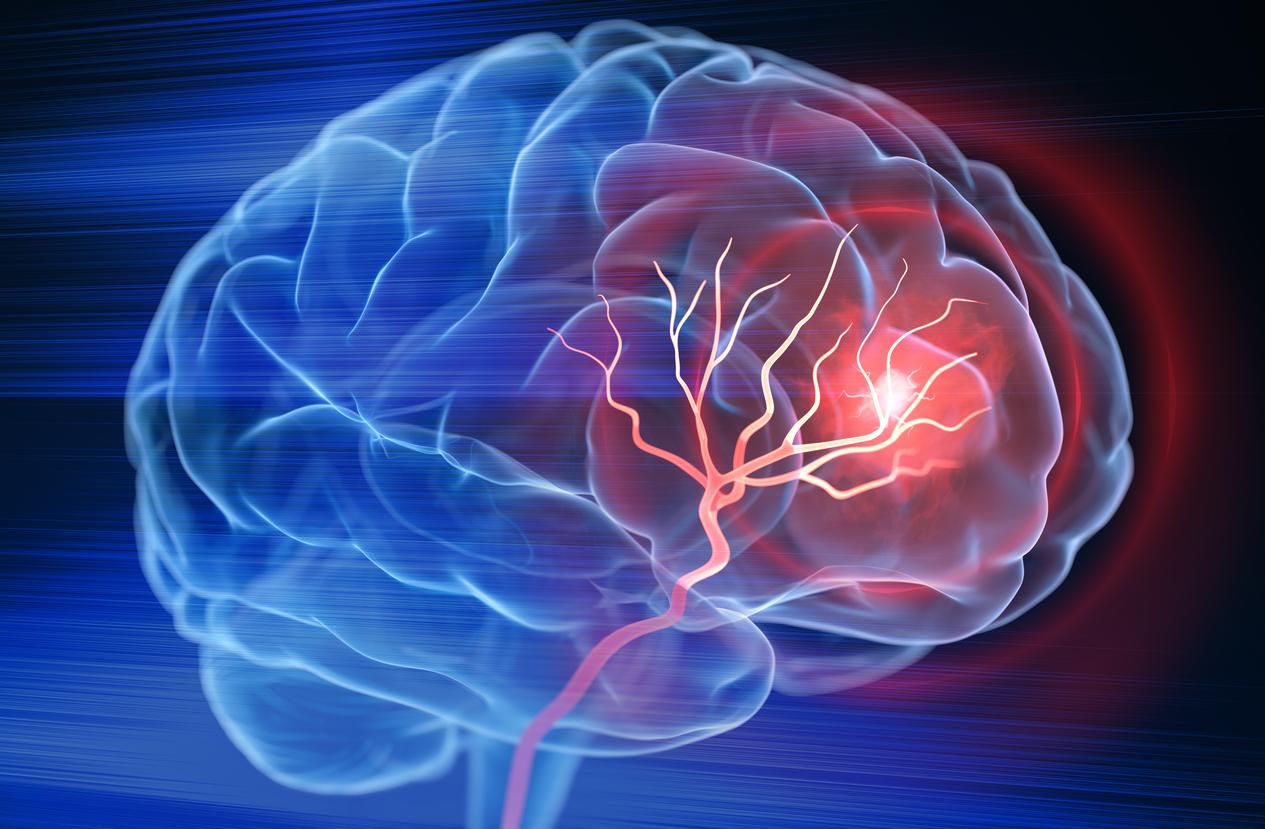The National Academy of Medicine issues four recommendations to improve the management of long-term Covid.

- The reality of patients with long Covid pushes the National Academy of Medicine to issue four new recommendations.
- We speak of long Covid when symptoms appear following infection with SARS-CoV-2, alter the patient’s quality of life and have been present for at least two months.
- To date, we do not know what factors lead some people to develop long Covid.
The National Academy of Medicine issues new recommendations to improve the management of long Covid.
“The available data show that the SARS-CoV-2 virus has neuro-invasive potential, that its neurotropism is relatively limited but that it can be neuro-virulent in certain patients,” the doctors begin. “The damage to the nervous system associated with Covid-19 in the acute phase manifests itself in the form of encephalopathies, strokes and possible damage to the peripheral nervous system”, they continue.
Long Covid: four new recommendations
The reality of patients with long Covid pushes the National Academy of Medicine to issue the following four recommendations:
1. Given the pre-eminence of the cognitive complaint, a systematization of graduated and traceable screening for a cognitive deficit in a standardized and homogeneous manner in all centers with a particular focus on attentional disorders;
2. Systematic assessment and early management of anxiety and depressive disorders;
3. The continuation and accentuation of the public research effort in its fundamental, clinical, epidemiological avenues as well as in the field of human and social sciences;
4. Structuring patient care according to the following principles: training and awareness of caregivers; multidisciplinary care process; creation of a protective, graduated, personalized, territorialized care pathway and a care network; identification of reference centers.

Long Covid: symptoms and definition
“To date, we do not know what factors lead some people to develop long Covid: everyone seems potentially affected, including healthy young adults, children and adolescents,” explain Inserm.
We speak of long Covid when symptoms appear following infection with SARS-CoV-2, alter the patient’s quality of life, have been present for at least two months (with an intensity which can fluctuate depending on the day, an alternation of improvements and relapses) and cannot be explained by another diagnosis.
The list of symptoms associated with long Covid is very long. They include: sometimes overwhelming physical and intellectual fatigue, breathing difficulties, shortness of breath, muscle or joint pain, digestive problems, sleep problems, memory loss or even difficulty concentrating.

















